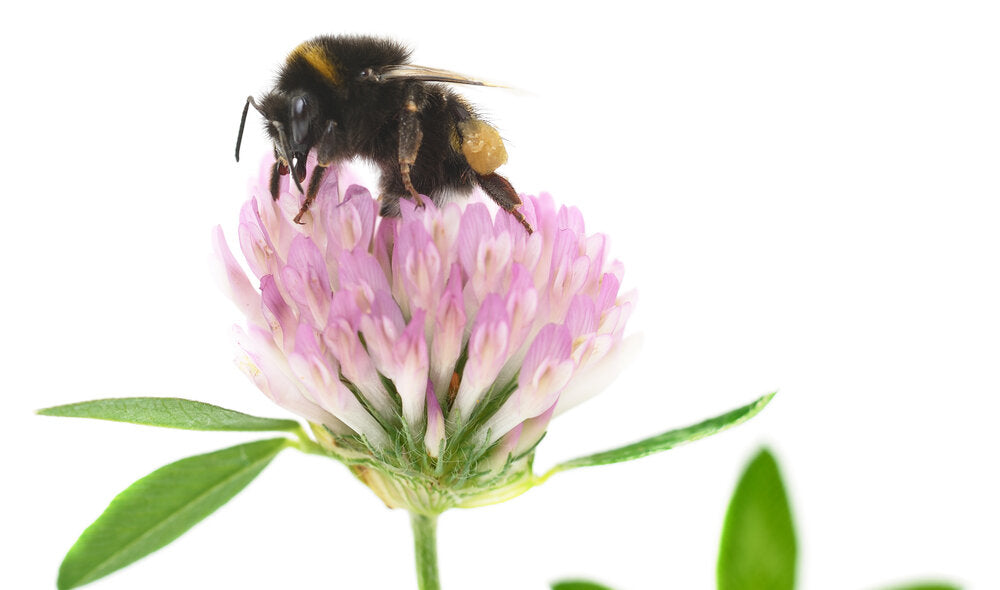In 1969 Joni Mitchell wrote the iconic Big Yellow Taxi. The song highlighted the plight of Hawaii, the destruction of forests, the use of the chemical DDT and the poignant line "You don;t know what you've got till it's gone" Although DDT was widely banned in the 1970's it is still used in pockets around the globe but has been replaced by equally deadly pesticides, which although kill unwanted pests also affect the pollinators that we need. As Joni Mitchell rightly says.......
"Hey farmer, put away that DDT now, give me spots on my apples, but leave me the birds and the bees - Please!"
World Bee Day was declared as the 20th May in 2017 with the aim of highlighting the plight of the bees and the consequences to the world if they were to disappear. Just by declaring a National Day actually does nothing to save the bees, we need to get involved and find ways to save the bees and ultimately save ourselves. 90% of the world food crops rely on pollinators to grow that equates to every third spoonful that we eat! Pollinators include bees, butterflies, wasps and beetles to name a few and without them crops would fail and we would have no apples, oranges and 70 of the top 100 would fail. It is that simple. Put into monetary terms, pollinators contribute $4.2 trillion to the global economy.
Bees support the eco system in so many ways. They pollinate the foods that feed not only us but other animals. They maintain a balance in the eco-system and the state of bees is a strong indicator on the strength of a particular environment. The numbers or absence of them lets us know that something is happening and that we need to act.
Fun Facts.
Slovenia is at the forefront of bee protection with every 200th person keeping bees!
Slovenia was one of the first countries to ban bee harming pesticides.
Welsh charity Bees for Development has trained 650 Ethiopian Bee keepers.
Will the Lack of Bees mean there will be No Fruit and Veg?
Lack of bees might not necessarily mean no food but it will certainly reduce the amount of choice and increase the price if every crop has to be hand pollinated. Some countries do hand pollinate trees as this can have a higher success rate and yield but it is to the detriment of other crops and other native pollinators. Where farmers have been educated about bio diversity, pesticides and the natural environment there has been a successful return of insects and a more harmonious eco-system.
So what can we do?
- Plant nectar bearing flowers for decorative purposes on balconies, terraces, and gardens.
- Support organic farmers who do not use pesticides.
- Preserve old meadows – which feature a more diverse array of flowers – and sow nectar-bearing plants. Our Garden Collection features wildlife and Bee friendly seeds.
- Cut grass on meadows only after the nectar-bearing plants have finished blooming.
- Make a bee house in the garden.
- If you are using pesticides use one that does not harm bees, and spray it in windless weather, either early in the morning or late at night, when bees withdraw from blossoms.
If you are looking for a gift for that special someone why not check out our Gardening Gift Boxes in our Garden Collection. These beautiful gifts contain insect friendly easy to sow and grow seeds from Seedball plus a handy mug. Perfect as a gift box for her or as a birthday box for him, you’ll be helping to save our native pollinators and adding a splash of colour to your home. Great for tubs, window boxes and borders, these are the ideal gift in a box and beautifully wrapped and presented for your loved one.
